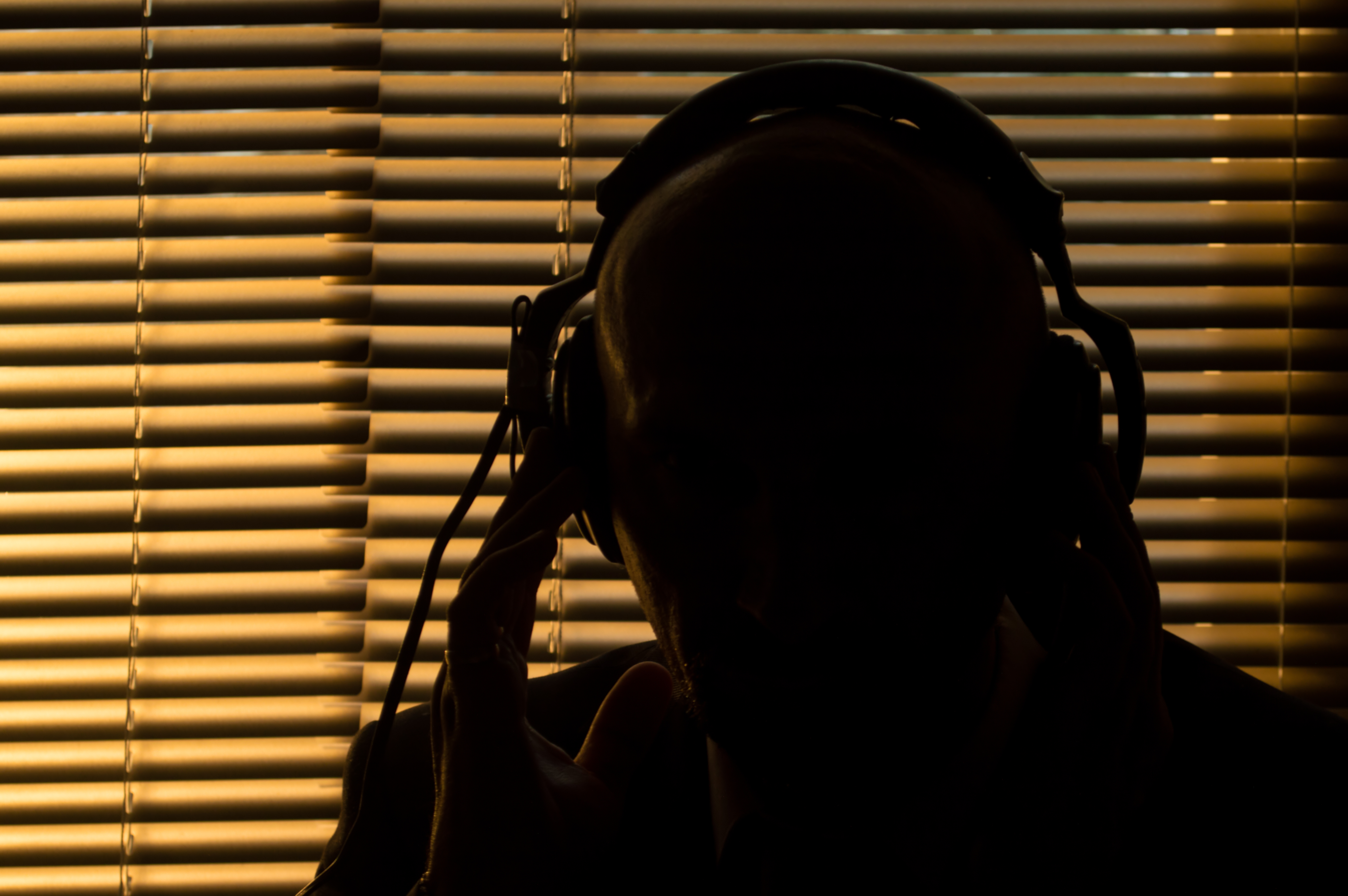Many electronic monitoring devices – the GPS ankle bracelets that allow probation officials to track defendants who are out on bond – are also essentially cell phones. They include microphones and speakers that allow probation and other law enforcement agents to communicate with the wearer.
They also allow agents to listen in, and civil liberties advocates are warning that the devices can be put into listening mode without the knowledge of the wearer – or whoever they’re talking to.
This means law enforcement could be listening to not only their personal conversations with friends and family members but also their communications with attorneys.
Can GPS Monitors in SC Be Used to Eavesdrop on Defendants?
SC defendants are often ordered to wear electronic monitoring devices as a condition of their bond. While monitoring can feel invasive and restrictive, in principle, it affords many defendants a level of freedom they otherwise wouldn’t enjoy. It allows them to spend their days at home rather than in jail while waiting for their court date.
Judges may order GPS monitoring in cases where the court thinks it is necessary to protect the community or alleged victims. The GPS device tracks your movements and alerts the probation department if you enter a restricted area or leave the boundaries of your home without authorization.
Use of GPS monitors as a condition of bond is a widespread practice throughout SC – can they be used to eavesdrop? I don’t know, but we’ll update you as we learn more…
Is It Legal to Use A GPS Device to Eavesdrop on Defendants?
Puerto Rico defense attorney Fermín L. Arraiza-Navas recently raised concerns in court about what monitoring devices’ listening capabilities mean for attorney-client privilege and the right to privacy.
After the attorney demonstrated to a judge that the device could be used to listen – without any warning – the judge ordered the device removed during meetings with his client.
That’s a nice move by the judge, but the courts need to do a lot more to address this clear violation of the Fourth Amendment and the Federal Wiretap Act. Being accused of a crime does not mean a defendant has forfeited their right to privacy and to the constitutional protections against unreasonable searches and seizures. And it certainly doesn’t mean they have forfeited attorney-client privilege.
Arraiza-Navas is not alone in challenging the legality of strapping a listening device onto defendants. The American Civil Liberties Union and the National Association of Criminal Defense Lawyers have raised concerns about the devices, which are used in all 50 states and in US territories like Puerto Rico.
Criminal Defense Lawyers in Myrtle Beach, SC
The criminal defense attorneys at Coastal Law help clients who have been accused of crimes throughout South Carolina, with offices in Myrtle Beach, Conway, Charleston, and Columbia, SC. If you have been charged with a crime in SC, call now at (843) 488-5000 or contact us online to talk with a defense attorney today.



